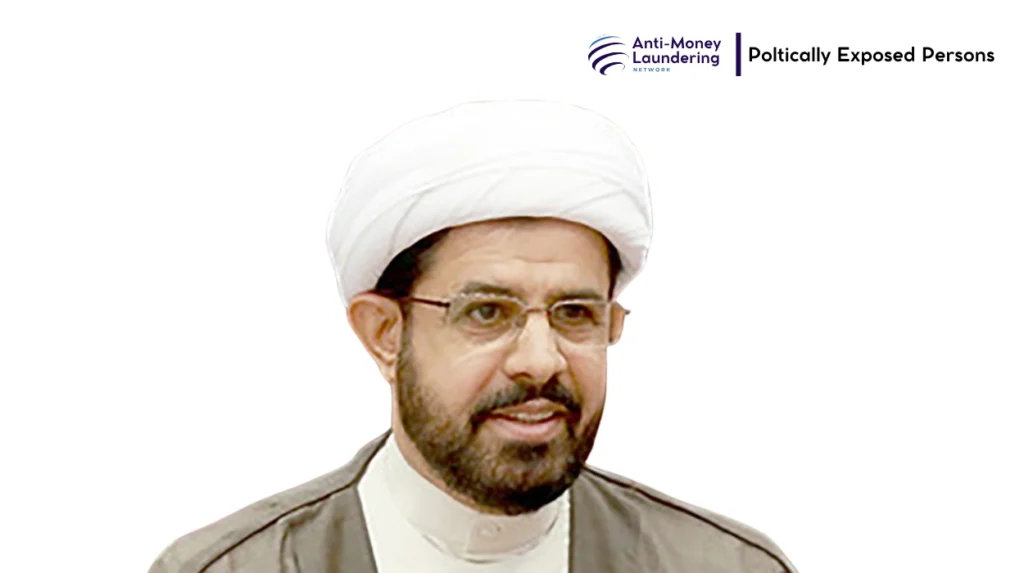Sheikh Dr. Majeed Mohsen Mohammed Al-Asfoor, as a politically exposed person in Bahrain’s religious and political spheres, operates at the critical intersection of faith and state power. His oversight of the Jaafari Endowments places him amid contentious efforts by the Bahraini government to control Shia religious funds, traditionally independent and politically sensitive. Although direct evidence of personal financial misconduct is lacking, his role within a system characterized by opacity, politicized judicial processes, and elite impunity raises serious concerns about the exploitation of state-linked institutions to channel and conceal wealth. This case illustrates the broader governance challenges in Bahrain, where political repression and compromised transparency undermine accountability and enable entrenched financial abuses by politically exposed persons.
Sheikh Dr. Majeed Mohsen Mohammed Al-Asfoor exemplifies how key religious figures aligned with Bahrain’s ruling apparatus are involved in the contested channelling of significant religious wealth through state-controlled endowments. Though direct evidence against him personally for laundering or embezzlement is lacking, his official role places him at the nexus where the political system exploits religious institutions to divert wealth under opaque conditions. This practice fits within a broader Bahraini context marked by compromised judicial oversight, political repression, and a royal family-dominated system that shields elites from scrutiny. The politicization of key clerical financial affairs illustrates how Bahrain’s governance undercuts transparency and accountability, enabling illicit wealth flows to be hidden or politically weaponized rather than thoroughly investigated or sanctioned.

